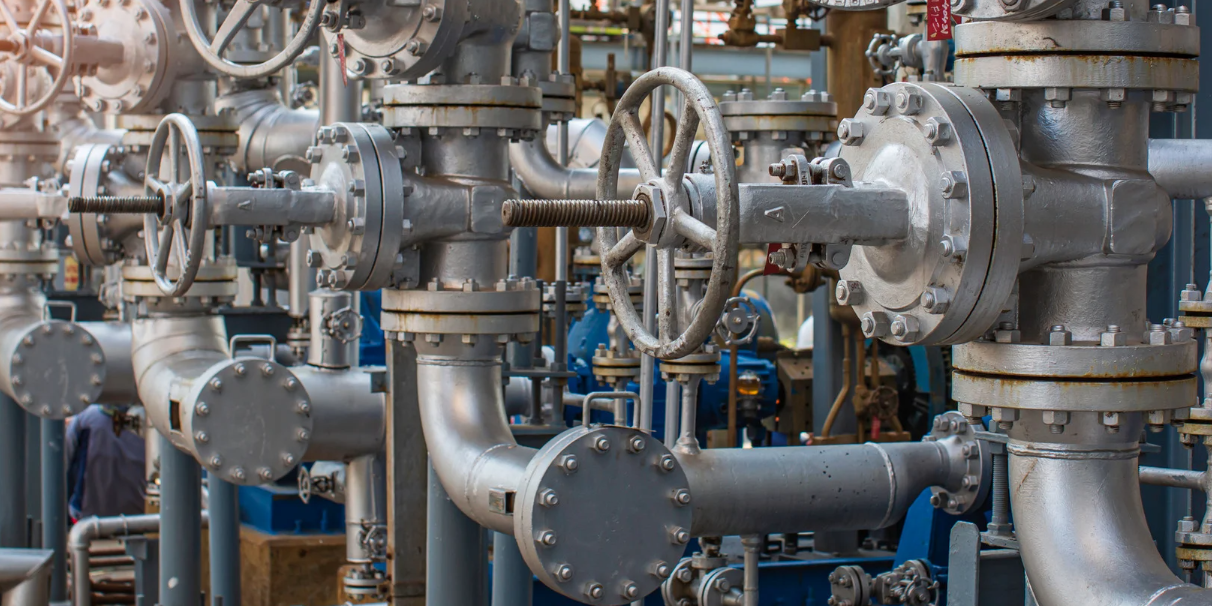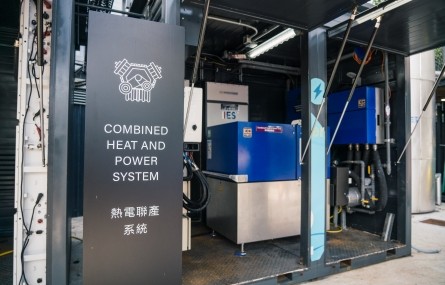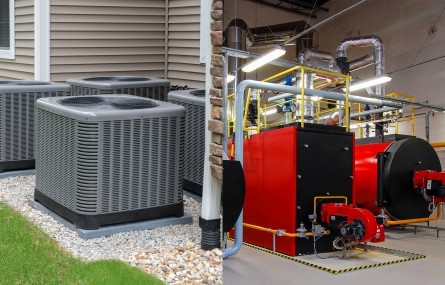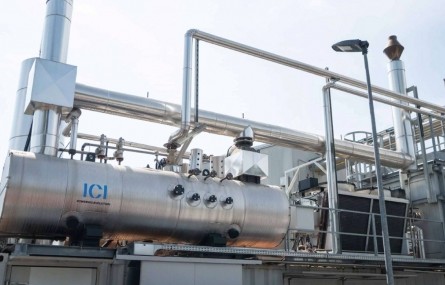Hot Water Systems: Innovations and Best Practices

Hot Water Systems: Innovations and Best Practices
In large-scale buildings such as hotels, hospitals, and commercial complexes, hot water systems are essential for operational efficiency. However, rising energy costs and net-zero emission goals demand more efficient designs. Hong Kong has set ambitious carbon reduction targets, aiming for carbon neutrality by 2050. This article highlights key innovations and best practices for optimizing centralized hot water systems to meet these carbon targets while enhancing operational efficiency.
At IES Engineering (H.K.), we develop high-performance hot water solutions, integrating advanced engineering principles for efficiency and sustainability.
Energy Consumption for Water Heating in Hong Kong
Water heating accounts for a significant share of building energy use. According to the Hong Kong Energy End-use Data 2022, energy consumption per hospital bed for water heating has decreased by 22% since 2012 due to improved efficiency measures.
To sustain this progress and meet net-zero goals, adopting emerging technologies is essential.
(Figure 1: Energy consumption breakdown for water heating in Hong Kong buildings, sourced from EMSD data.)
Key Innovations for High-Performance Hot Water Systems
1. High-Efficiency Heat Pump Water Heaters (HPWHs)
Efficiency (COP): 3.5–5.0
HPWHs harness ambient thermal energy to heat water, cutting electricity consumption by up to 60%. Newer models utilizing low-GWP refrigerants like R290 enhance both efficiency and environmental sustainability. Recent advancements in high-temperature heat pumps now enable efficient water heating up to 70°C, eliminating the need for booster heating devices.
Best for: Hotels, hospitals, and commercial buildings looking to cut heating costs.
(Figure 2: High-efficient Heat Pump System.)
2. Combined Heat and Power (CHP) Systems
Overall Efficiency: 75–90%
CHP systems simultaneously generate electricity and capture waste heat for water heating, significantly enhancing overall energy efficiency. By utilizing a single fuel source, Towngas in Hong Kong, for both power and thermal energy, they achieve efficiencies of 75–90%, reducing fuel consumption, operational costs, and carbon emissions compared to conventional separate power and heating systems.
Best for: Facilities with high thermal and electrical loads, such as hospitals and large hotels.
3. Waste Heat Recovery
Potential Efficiency Gain: 30–50%
Excess heat generated by HVAC and refrigeration systems, which would otherwise be wasted, can be effectively recovered and repurposed for water heating. This process enhances overall energy efficiency, reduces reliance on primary energy sources, lowers operational costs, and contributes to sustainability goals by minimizing waste heat emissions and overall energy consumption.
Best for: Hotels and mixed-use developments with large cooling loads.
Best Practices for Optimizing Hot Water Systems
-
Right-Sizing & Demand Mapping: Prevent inefficiencies with accurate load profiling.
-
Legionella Prevention: Maintain return loop temperatures above 60°C.
-
Hybrid Integration: Combine heat pumps, solar thermal, and CHP for optimal performance.
-
Predictive Maintenance: IoT monitoring ensures efficiency and longevity.
Moving Toward by Net-Zero Emissions
Achieving net-zero requires a comprehensive energy strategy. By adopting advanced hot water solutions, buildings can cut carbon emissions while improving efficiency.
At IES Engineering (H.K.), we provide tailored, high-performance systems to meet sustainability goals. Contact us for a consultation today.



